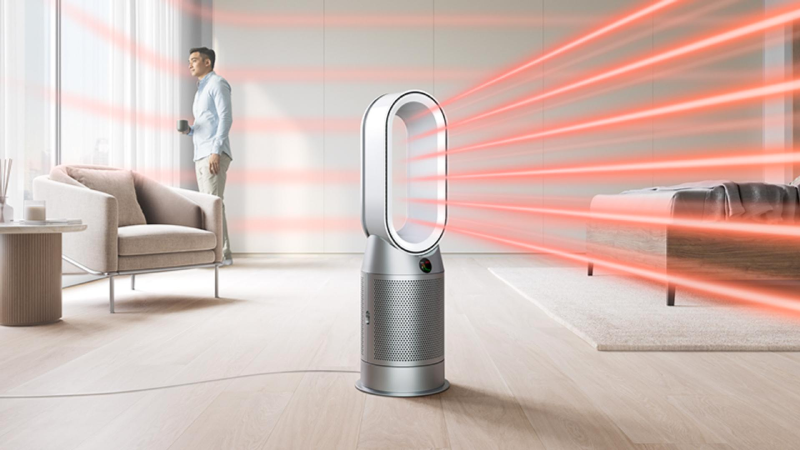You have come to the right site if you have been wondering if air purifiers may assist with allergies. The purpose of an air purifier is to remove allergens from the air and recirculation the filtered, clean air back into the room.
Do air purifiers really help? Particulate matter is a term used to describe the mixture of solid particles and liquid droplets found in the air we breathe on a daily basis. These airborne irritants can enter our bodies through our lungs, thus air purifiers are made to remove them through a filter before they can do any harm.
When it comes to allergies, how might air purifiers help?
Air filtration is commonly recommended as part of environmental improvement for individuals with allergic respiratory disease since these particles can be captured by air purifiers. Even while air purifiers have been shown to improve allergies and respiratory problems, there is no medical evidence to support their use in this regard
Using medical-grade air filtration technology, the best air purifiers can eliminate pollutants as small as 0.25 microns in as little as 30 minutes. Bacteria, viruses, dust mites, and pollen are all included in this category. According to Dyson, its Purifier Cool Fan can capture and eliminate 99.95 percent of ultrafine particles, or those measuring 0.1 microns, such as those emitted while using natural gas to cook or heat your home.
Keep in mind that these goods have been examined in labs, where they are subjected to rigorous testing procedures. Air purifiers’ ability to relieve allergy symptoms may be affected by a variety of factors, including but not limited to the location, flow rate, and operation time.
Asthma sufferers may benefit from using air purifiers
Asthma can be triggered by allergies in as many as 90% of children and 60% of adults. Prior to purchasing an air purifier, it is important to understand what causes an attack. It is important to recognize and reduce exposure, if at all feasible, in order to ensure proper management and to improve quality of life.
If dust mites, pollens, mould, or pet danders are the source of your allergy symptoms, an air purifier may be able to help. Inhalers and other forms of medical asthma treatment cannot be replaced by home air purifiers. Before making any changes to your prescribed medication regimen, you should visit your doctor or seek expert medical advice.
How it assists you in eliminating pet allergies?
There is more to pet dander than just the hairs on your pet. Animal skin and saliva can also be found in it. They are so small and light (just 2.5 microns in diameter), these particles can linger in the atmosphere for a long time. When pet dander falls on clothing, furniture, or the floor, it can easily spread throughout the house.
It is feasible to remove the allergen-inducing particles from the air by utilizing an air purifier with a HEPA filter. Dust, pollen, and other airborne particles as small as 0.3 microns may be removed by HEPA filters. It means that they should be able to handle the presence of pet dander.
Conclusion
There are numerous air purifiers on the market, each with a different set of parameters and a different type of filter. When it comes to removing contaminants from indoor air, a HEPA filter does a better job. HEPA air purifiers can help ease the symptoms of hay fever during the months of March through September.
Air purifiers may effectively remove dust, pollen, and other pollutants floating around in the air we breathe, thus they can help alleviate allergy symptoms. However, they should not be used as a substitute for prescribed medication. Proper ventilation and other air-improving methods, such as using air purifiers, can help reduce allergens in the home.

